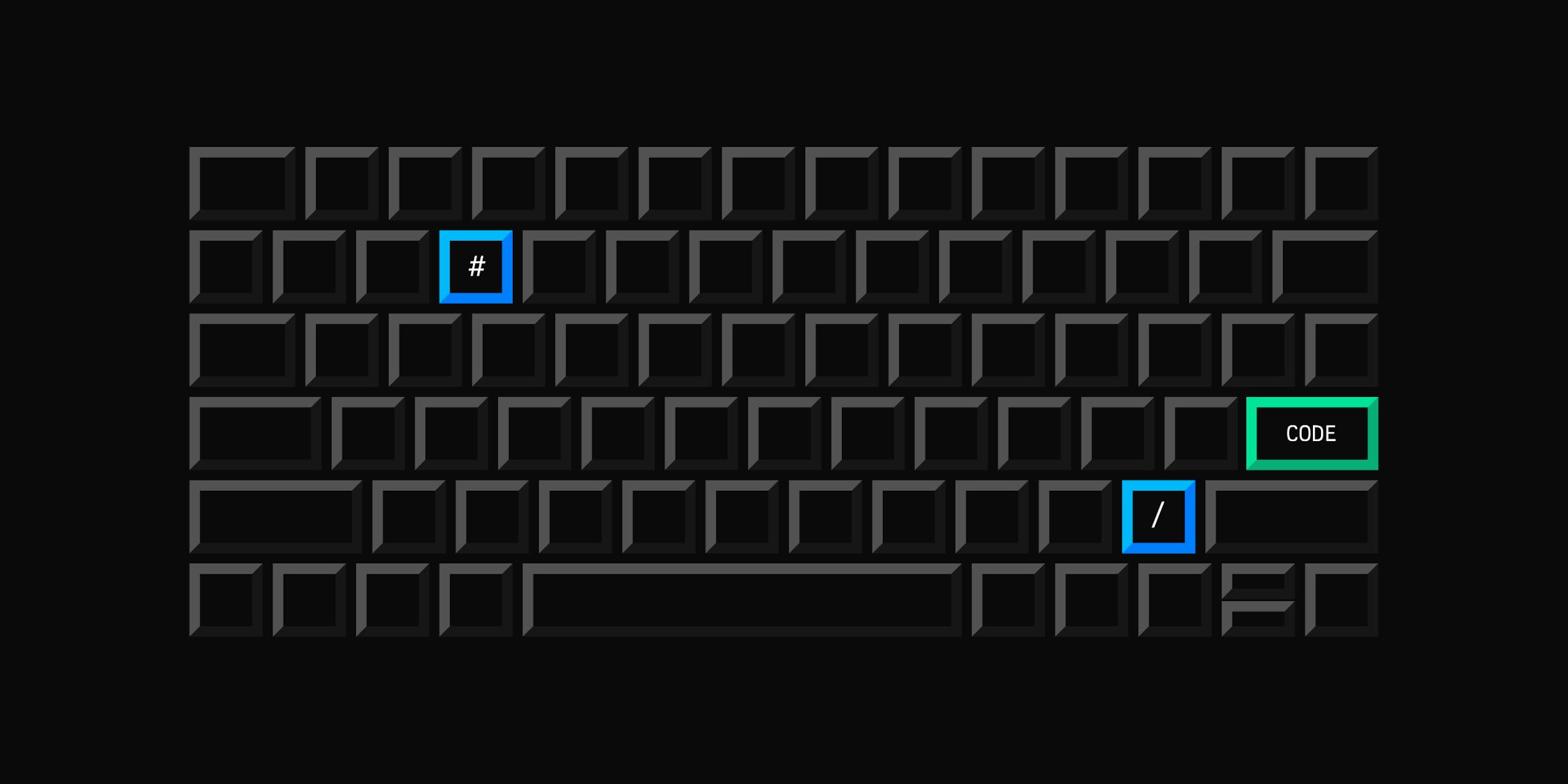To build quality software efficiently, developers need three key elements - automation, standardized environments, and individual ownership. This "holy triangle" lays a solid foundation for developer productivity and code integrity.
The Power of Automation
Manual, repetitive tasks like environment configuration and setup do not add business value. They also frequently lead to human errors. Automating these recurring processes is essential.
Cloud-based and standardized development platforms can automatically spin up pre-configured environments for each developer with all dependencies and tools pre-installed. This eliminates many tedious headaches.
Automating testing, building, deployment pipelines, and collaboration unburdens developers from context-switching between tasks and tools. Their flow stays uninterrupted.
Our research indicates that developers typically allocate approximately 56% of their working hours to tasks other than coding, mainly involving waiting for tests, builds, and deployments to be completed.
Additionally, numerous posts and polls on Reddit provide anecdotal evidence supporting the idea that the majority of developers spend only a fraction of their day actually coding
Automating these processes results in huge time savings. Developers gain more time to dedicate to high-value software design and coding.
The Need for Standardization
Main blockers today are lack of standards around cloud dev environments, lack of seamless branching/deployment of all dependencies like databases, and lack of debuggability when something goes wrong.
Shawn Wang (@swyx)
When developers work in inconsistent environments, problems inevitably arise. Code behaving one way locally ends up breaking in production. Bugs slip through the cracks.
Standardizing development environments across the team ensures code integrity. What runs locally runs the same way everywhere else.
Shared standards also optimize collaboration. Teammates can understand each others' code easily without translating between different frameworks, architectures, or patterns. No one is left deciphering someone's unique personal setup.
Standardization enables seamless code reviews, pairing, and real-time sharing of work. Team productivity climbs.
The Power of Individual Ownership
Empowering each developer with control over their environment also has advantages. They can install personalized extensions, tools, and frameworks without disrupting team standards.
A key reason developers doubt cloud environments is they don't own the servers. But it's really about debugability - accessing logs and querying machines.
Shawn Wang (@swyx)
Developers can also safely experiment with new technologies without fear of breaking things for others. This facilitates learning and innovation.
Ownable environments give developers freedom of choice while also maintaining consistency. Teams enjoy the best of both worlds.
Keystroke-level live development exists but isn't good practice. I want live feedback without affecting production.
Shawn Wang (@swyx)
An Optimal Balance
Automation, standardization, and individual ownership form the holy triangle of efficient and error-free software development.
Forward-thinking platforms like Daytona optimize this balance. Developers code faster and teams build better products by adhering to this proven formula.
The future is automated, standardized and ownable cloud development environments.
Teams who embrace these principles will have a competitive edge in delivering high-quality software efficiently. They will attract top technical talent and lead their industries.



